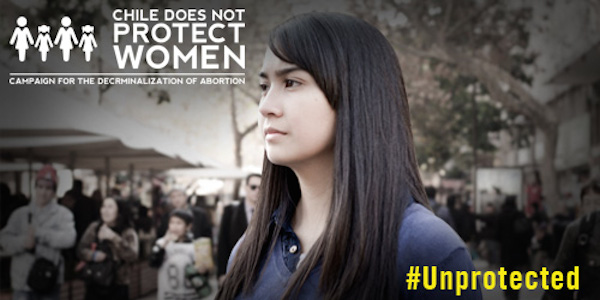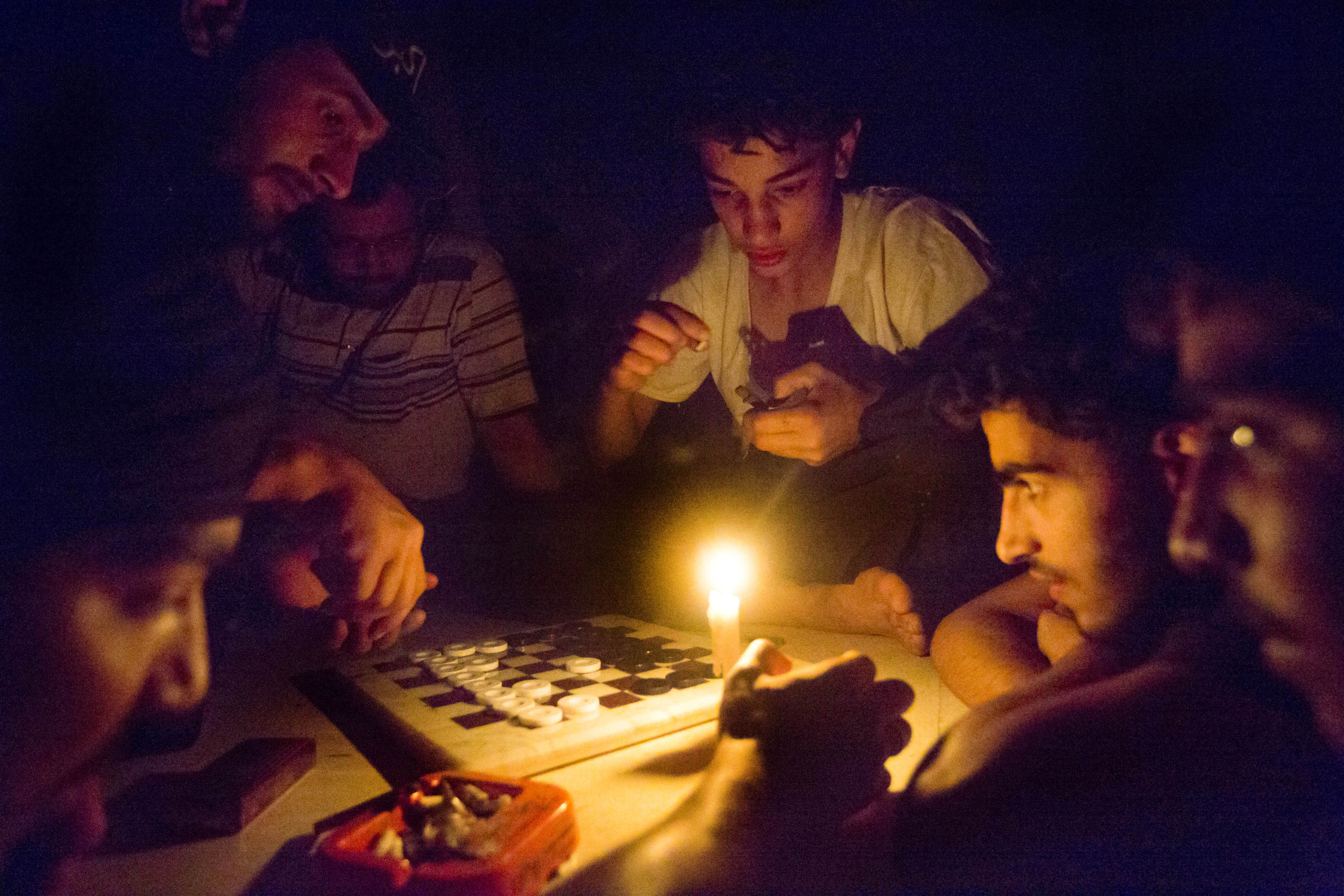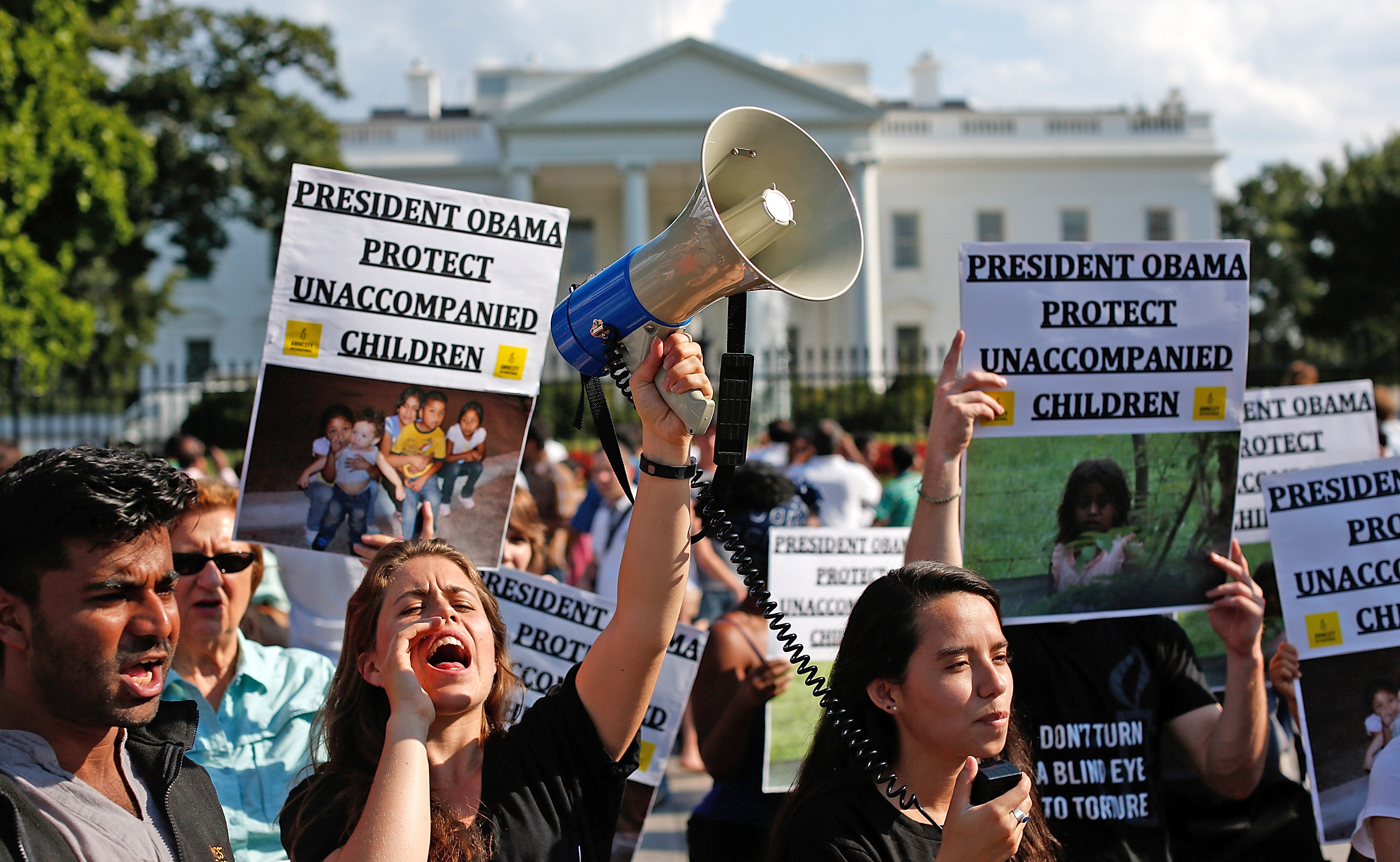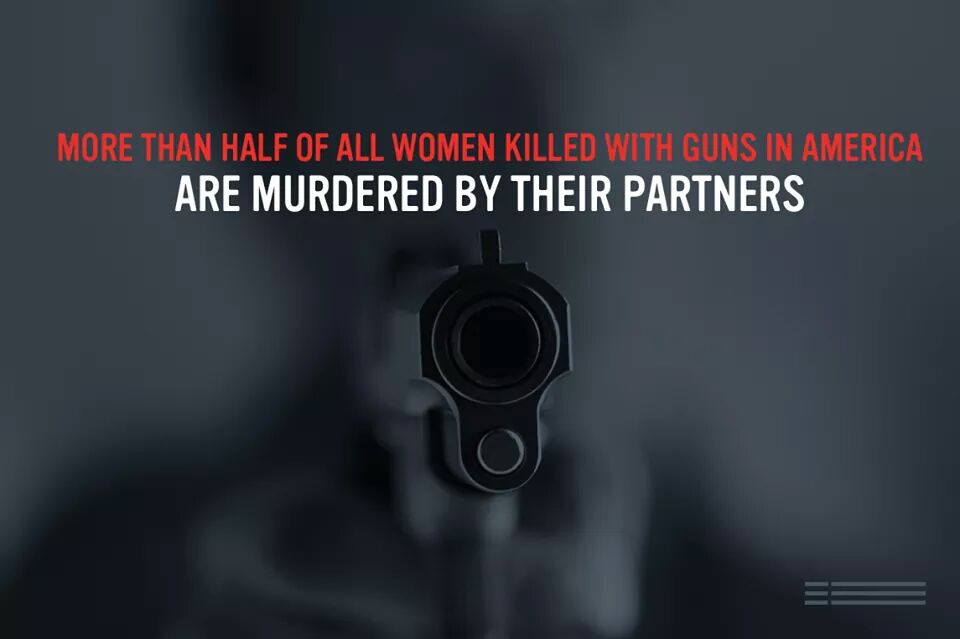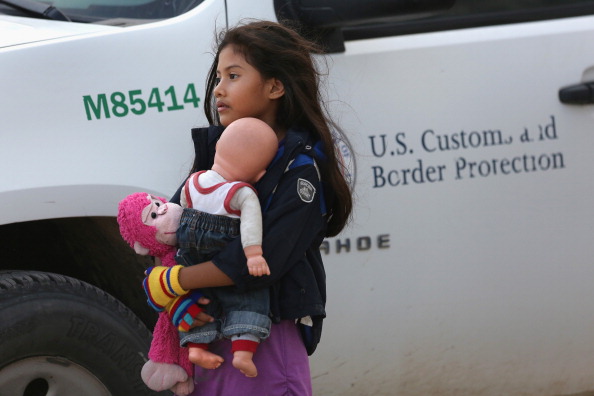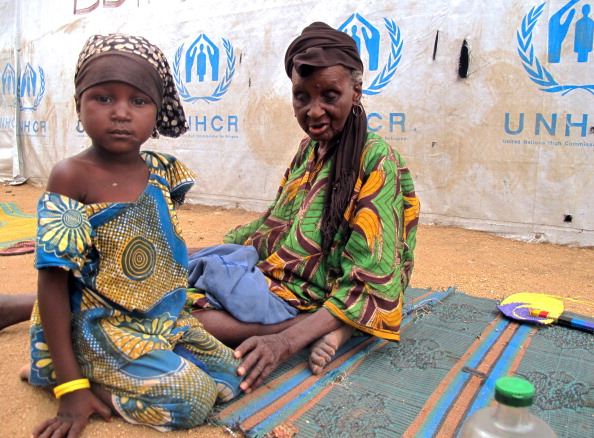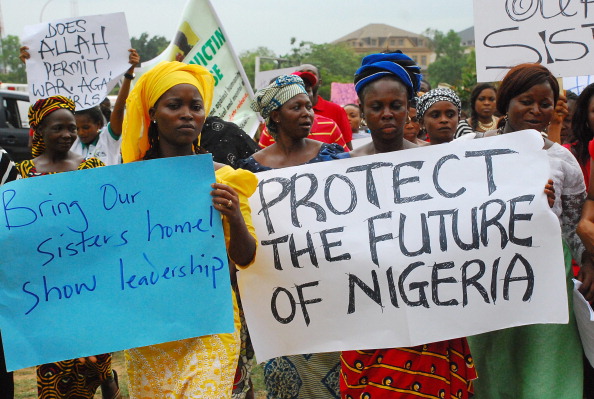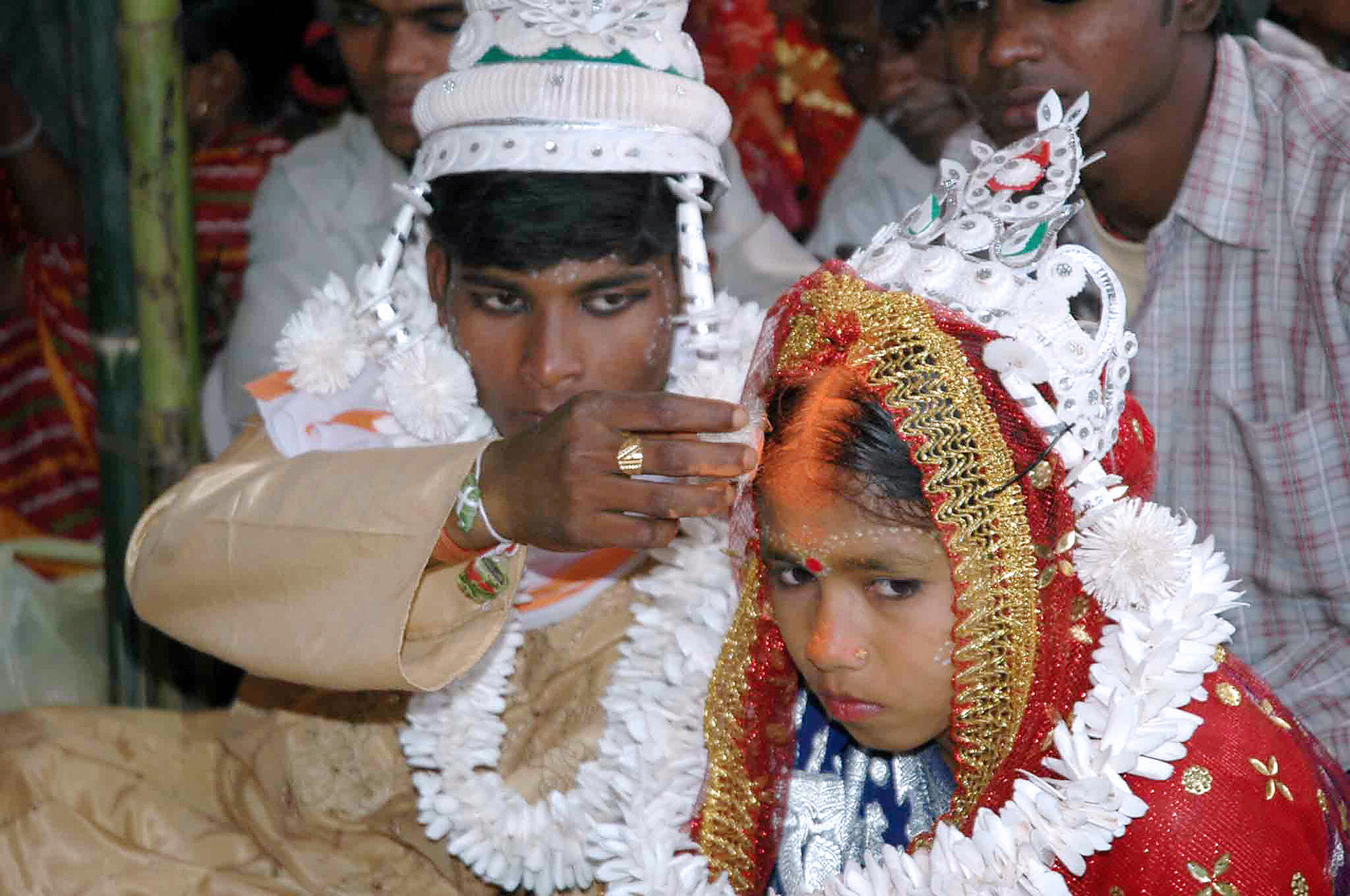
Groom and underage bride during a mass marriage in Malda, India. March 2, 2006. Child marriage, which is illegal under international law and prohibited in many countries, still impacts 15 million girls each year. (STRDEL/AFP/Getty Images)
In Malawi, Kalinde* was 15 years old when she was forced to marry due to her family’s poverty. She was told to respect her husband and never to deny him sex. Her husband’s work takes him away from their home for long periods of time, leaving her and their two children with nothing to live on. Kalinde’s husband also physically abuses her and has affairs with other women. As a result, Kalinde contracted HIV. In Kalinde’s words:
“Marriage is not good for girls. There is no happiness. I want change for girls and that is why I want my story to be heard by all girls out there thinking of marriage.”
